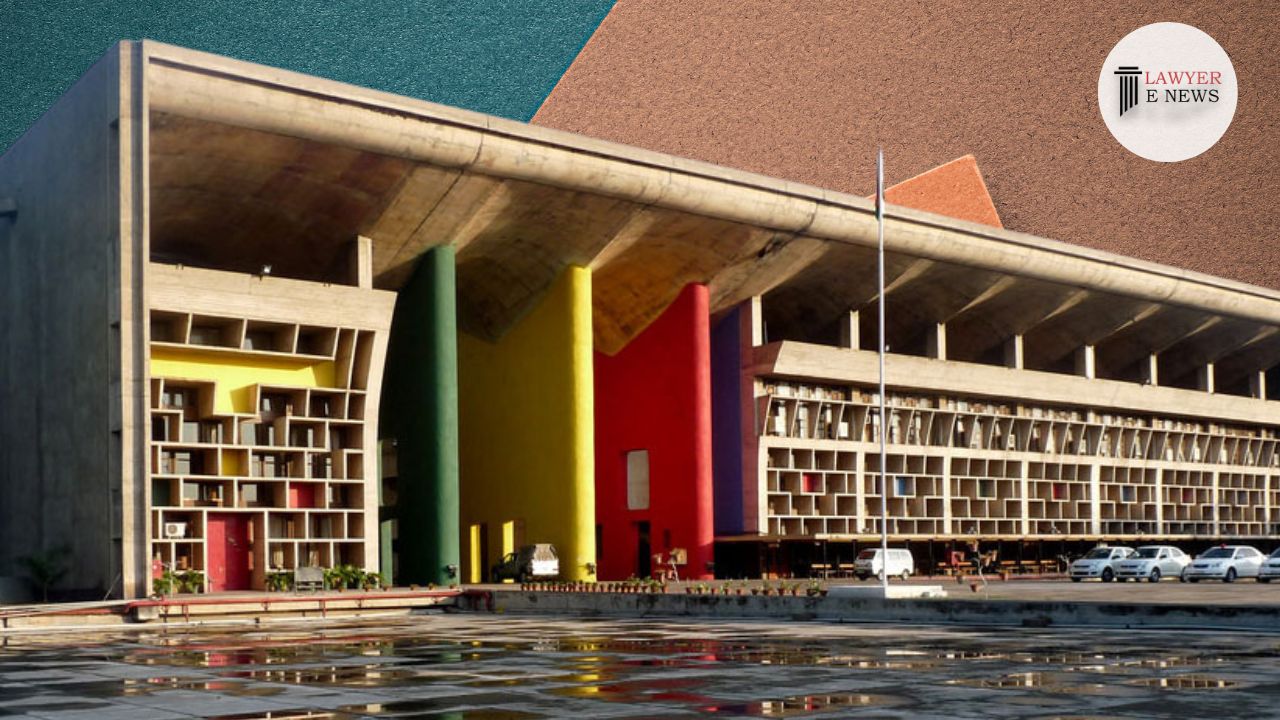-
by Admin
17 February 2026 2:34 PM



In a significant judgement, the High Court of Punjab and Haryana set aside the conviction of an individual in a fatal road accident case, highlighting the importance of establishing identity beyond reasonable doubt.
The case, involving Darshan Singh, centered around the challenge against his conviction under Sections 279 and 304-A of the IPC for causing a fatal road accident. The crux of the revision petition was the disputed identity of Singh as the driver of the offending vehicle.
The petitioner, Darshan Singh, was earlier convicted by lower courts for rash and negligent driving leading to death, under IPC Sections 279 and 304-A. The contention in the High Court focused on the identity of the driver. The prosecution relied mainly on the testimonies of the deceased’s close relatives and a statement from the owner of the vehicle, who eventually turned hostile.
Justice Deepak Gupta, presiding over the case, critically assessed the evidence, especially the testimonies of the eyewitnesses, which he found fraught with material contradictions and improvements. Key points from the judgement include:
Reliability of Eyewitnesses: The Court observed that the eyewitnesses, being close relatives of the deceased, required careful evaluation of their testimonies. Their statements were found to be unreliable with inconsistencies and improvements.
Hostility of Vehicle Owner: The vehicle owner’s hostile testimony further weakened the prosecution’s case. Despite being the owner, his denial to have produced the accused before the police was pivotal.
Absence of Test Identification Parade: The Court noted the failure to conduct a test identification parade, which could have strengthened the link between the accused and the crime.
Contradictions in Testimonies: Material contradictions in eyewitness accounts were significant, casting doubts on their presence at the scene and the identification of the petitioner as the driver.
Decision: Considering these assessments, the Court held that the prosecution failed to establish the identity of Darshan Singh as the driver beyond reasonable doubt. Consequently, the revision was allowed, setting aside the judgments of conviction and sentence. Darshan Singh was acquitted of the charges and discharged from his bonds.
Date of Decision: April 08, 2024
Darshan Singh v. State of Punjab and Another
